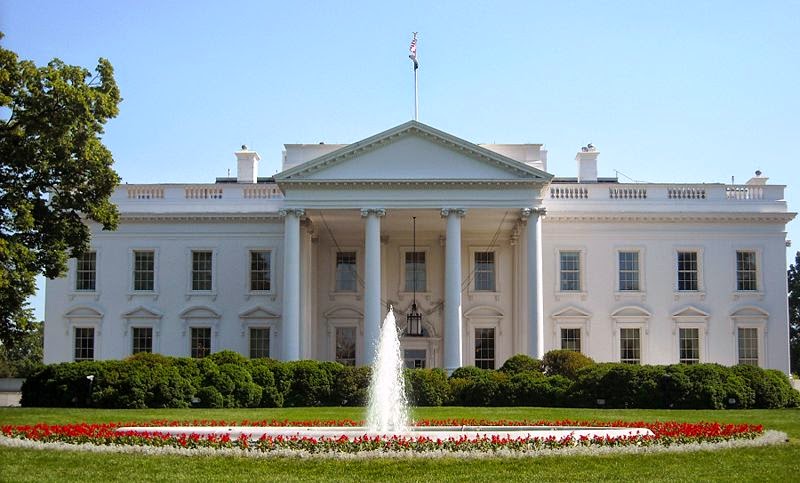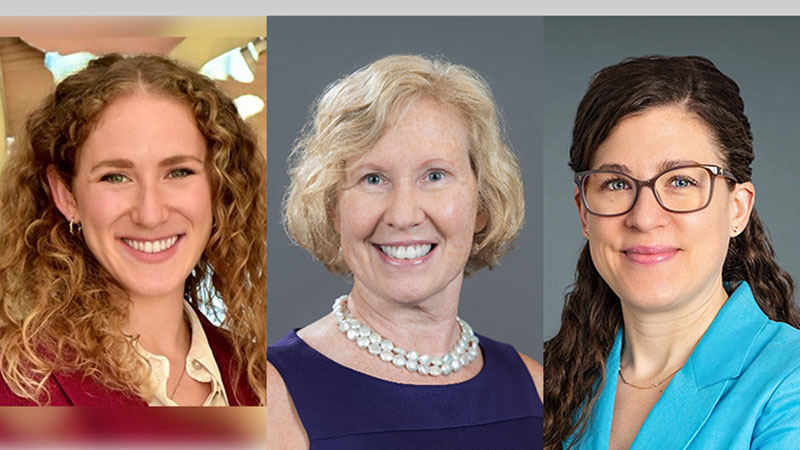
By: Paul Tatum @doctatum
This year the Obama administration will convene the 2015 White House Conference on Aging (WHCOA). The WHCOA has historically been viewed as a catalyst for improving policy on aging. This year’s conference includes one laudable goal of improving “Healthy Aging.” This month’s WHCOA blog makes the case as follows: “Older Americans are calling for a shift in the way we think and talk about aging. Rather than focusing on the limitations of aging, older adults across the nation want to focus instead on the opportunities of aging. Older adults are seeking ways to maximize their physical, mental, and social well-being to remain independent and active as they age.”
The WHCOA has focused on important areas to improve aging and has highlighted key areas: Promoting Health and Prevening Disease and Injury, Optimizing Cognitive Health, Optimizing Behavioral Health, Maximizing Independence at Home, and Promoting Community and Civic Engagement.
So the question that I have if we are shifting the way we think and talk about aging is this: Isn’t it time that we make Healthy DYING a part of Healthy Aging?”
If we are going to maximize well-being don’t we need to improve the quality of care for the dying (and yes by that I include those with serious illness who are dying a few years from now)? And isn’t the WHCOA a key place to begin this conversation and finally move beyond Death Panels rhetoric?
The WHCOA blog Policy Briefs states, “The Administration recognizes the need for a culture change in how we manage chronic conditions…” This is absolutely correct, and excellent advance care planning for all patients and early provision of palliative care are two key elements of culture change that must be discussed openly. I propose that palliative care and advance care planning be added as key elements of the WHCOA.
Do you agree?
Here is your chance to act.
The April WHCOA blog has called for a national conversation about the following questions:
• What do older adults and their families need to manage their chronic conditions and to optimize their physical, cognitive, and behavioral health?
• How can we ensure that older adults know about, and take advantage of, the preventive services available to them under Medicare?
• How can we provide more opportunities for older adults to stay engaged and connected to their communities?
• Are there current healthy aging programs or policies you think are the most or least effective or potentially duplicative?
• What steps can help Americans to live safely and comfortably in their homes and communities as they age?
• What additional actions could help ensure that older adults of all backgrounds can equally enjoy a long, productive, and healthy quality of life?
You can ask them to include a specific focus on advance care planning and palliative care. Or make a comment about the need for palliative care education for all providers. Or discuss the importance that advance care planning can make and the policy needs that must be addressed.
Go to the WHCOA website and make your voice heard. While comments don’t appear on the site, they are collated under the public comment section of the main WHCOA website.
Let’s be sure that palliative care and advance care planning are included as important components of the conversations of the WHCOA.
by: Paul Tatum



